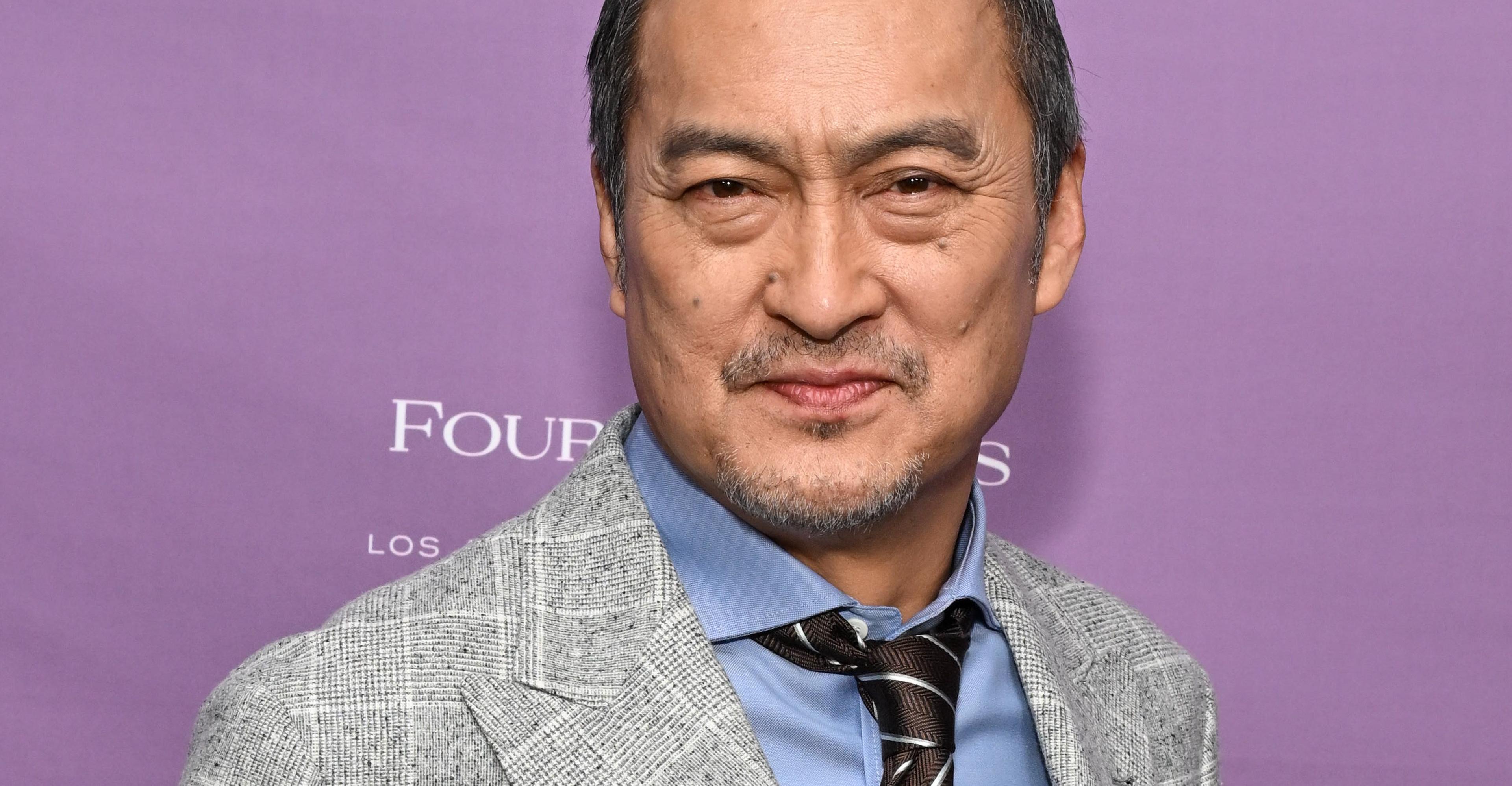AI startup Runway has made a name for itself building generative models seemingly trained on unlicensed content from around the internet. Now, the company has signed a deal with Lionsgate that will give it access to the studio’s massive portfolio of films and TV shows.
- Home
- Technology
- News
Lionsgate signs deal to train AI model on its movies and shows
Lionsgate, the studio behind the John Wick and Hunger Games films, has signed a new deal with AI startup Runway.


Today, Lionsgate — the studio behind films like the John Wick and Hunger Games franchises — announced that it is partnering with Runway to create a new customized video generation model intended to help “filmmakers, directors and other creative talent augment their work.”
In a statement about the deal, Lionsgate vice chair Michael Burns described it as a path toward creating “capital-efficient content creation opportunities” for the studio, which sees the technology as “a great tool for augmenting, enhancing and supplementing our current operations.” Burns also insisted that “several of our filmmakers are already excited about its potential applications to their pre-production and post-production process.”
Runway cofounder and CEO Cristóbal Valenzuela echoed Burns’ sentiment about the new model’s usefulness as an augmentation tool and said that the company’s goal is to give filmmakers “new ways of bringing their stories to life.”
Specific details about the deal — like whether creative teams will be compensated if / when their projects are used as training material for the model — are currently scant. But as The Hollywood Reporter notes, the prospect of being able to keep production costs down could have been one of the big selling points for Lionsgate, a studio known for sticking to smaller budgets compared to other entertainment outfits.
News of Lionsgate’s deal with Runway comes at a time when studios have increasingly begun implementing AI into their projects, despite many filmmakers’ concerns about how the technology’s unfettered use could threaten their jobs. Studios insistent on being able to create and use AI replicas of background performers was one of the major points of contention that ultimately led to the SAG-AFTRA strike last year.
Those concerns were part of what led to California Governor Gavin Newsom’s signing of two SAG-AFTRA-backed bills earlier this week that will grant performers and their estates more control over how and when their digitally created likenesses can be used by studios. And later this month, Newsom could very well end up signing into law SB 1047, another piece of hotly contested legislation that would make AI developers liable for the “critical harms” caused by their products.
(We reached out to SAG-AFTRA for comment about the partnership between Runway and Lionsgate but did not hear back in time for publishing.)

Pakistan, Qatar vow to further strengthen strategic partnership
- 11 hours ago

Gold prices continue to surge in Pakistan, global markets
- 18 hours ago

Why a Republican Supreme Court struck down Trump’s tariffs
- 2 hours ago
USS Gerald Ford, world’s largest aircraft carrier, at US base on Crete
- 13 hours ago
Pakistan, Qatar review trade & economic cooperation
- 13 hours ago
Imran Khan’s sister Noreen Niazi injured after falling into under-construction sewer line
- 18 hours ago

Hank Green will gladly take billionaire money for education videos
- 4 hours ago

How exorbitant concert ticket prices became so normal
- 2 hours ago

England defeat Pakistan by 2 wickets and reach T20 World Cup semi finals
- 11 hours ago

You got your democracy back. Now what?
- 2 hours ago
Pakistan set 165-run target for England in Super 8 clash
- 13 hours ago

How many AIs does it take to read a PDF?
- 4 hours ago










